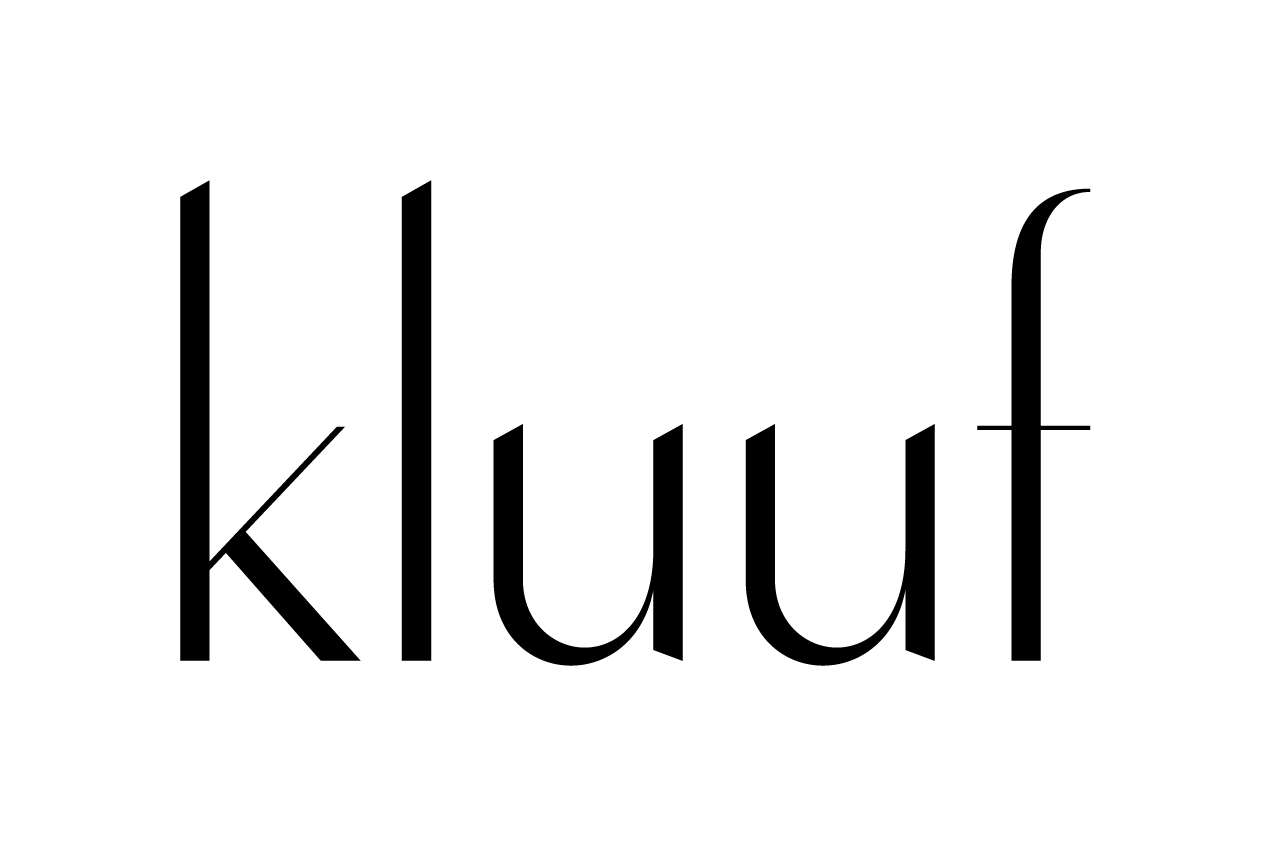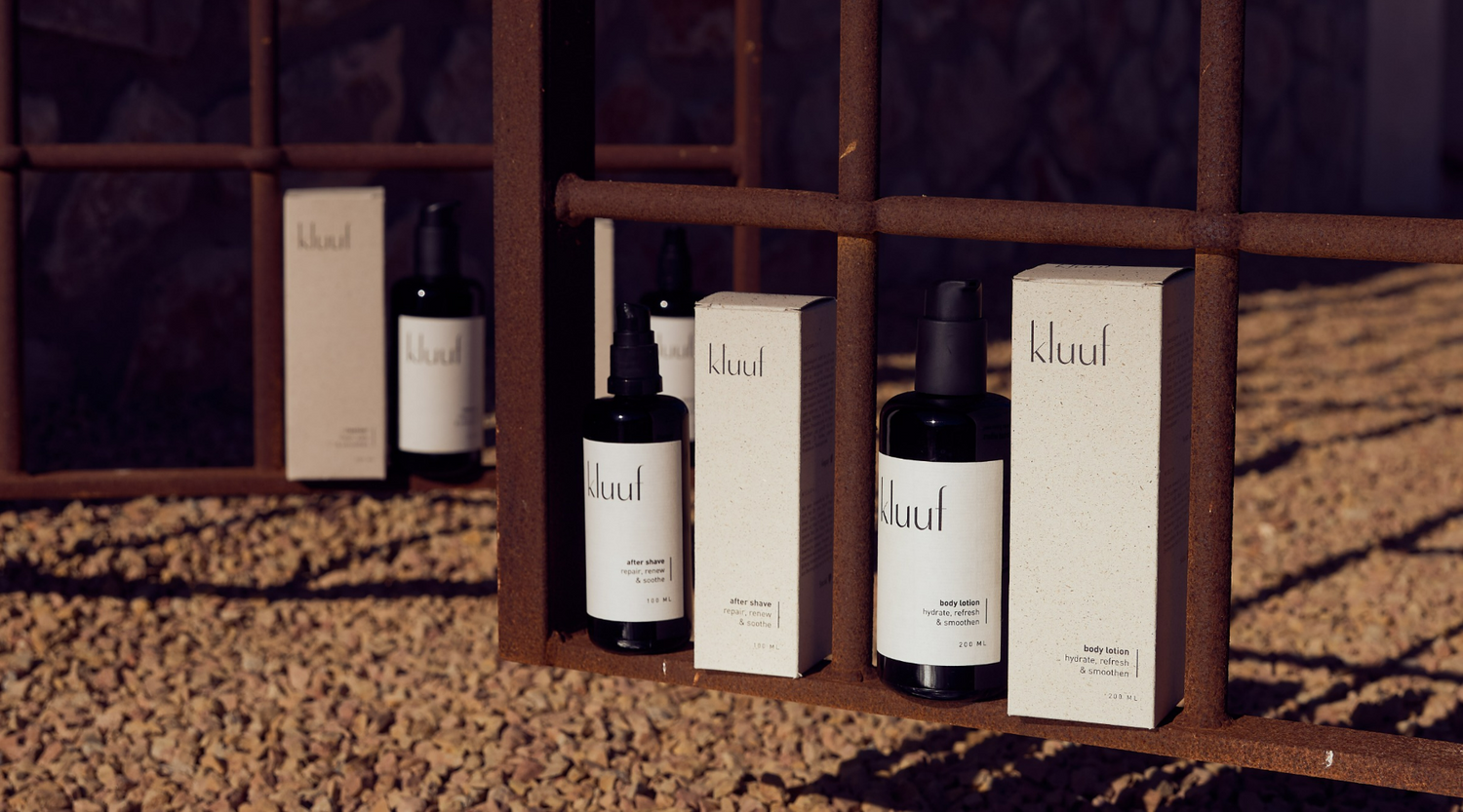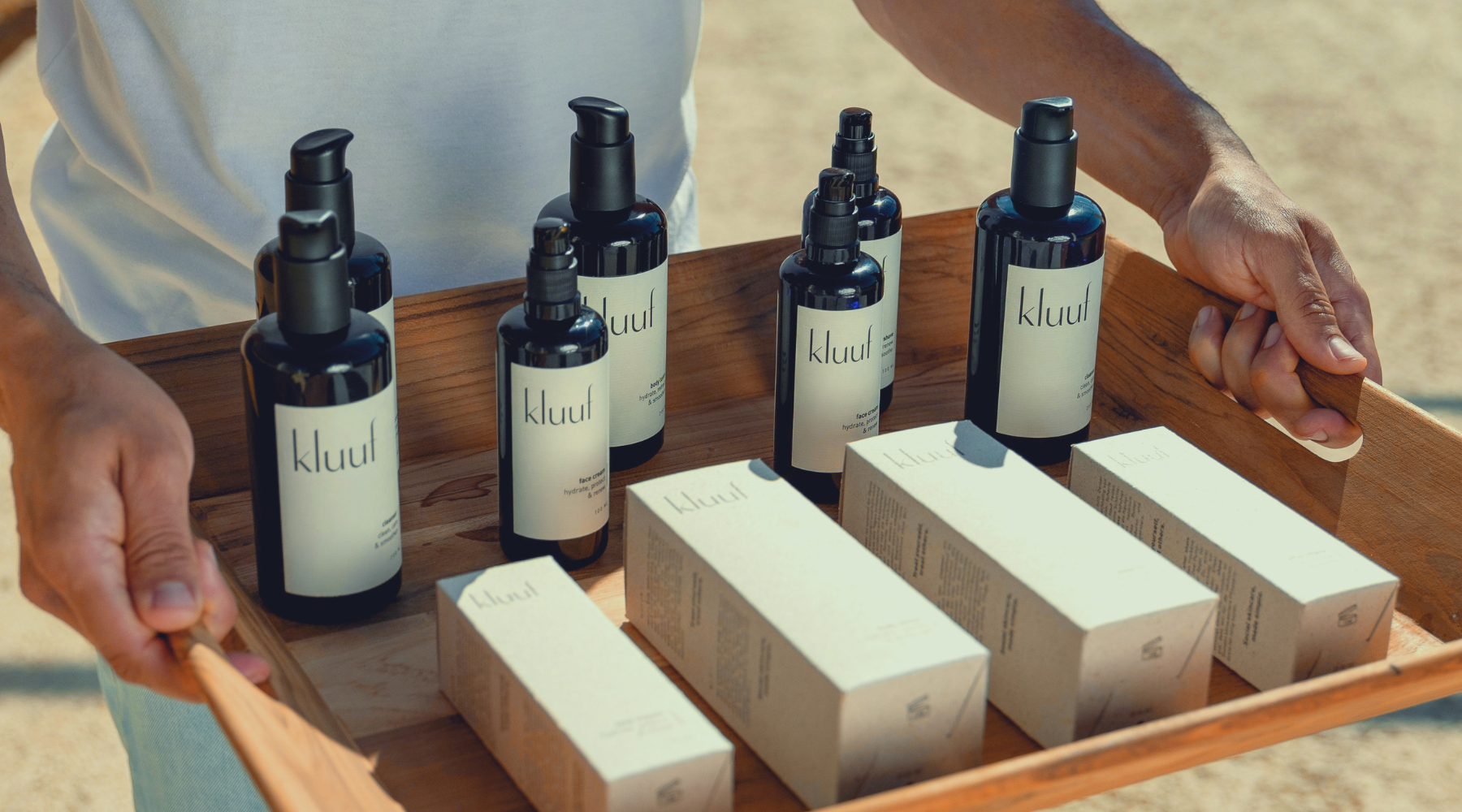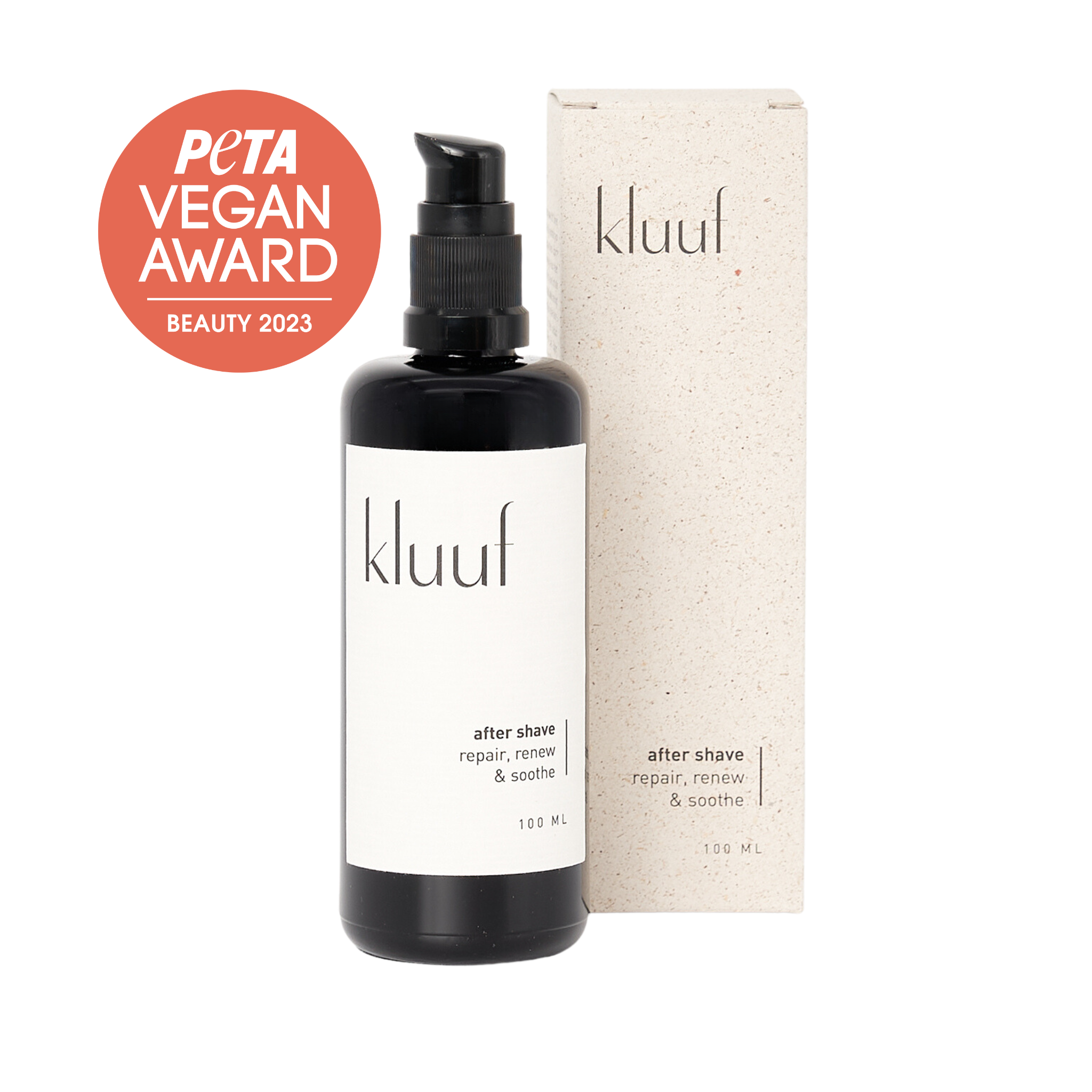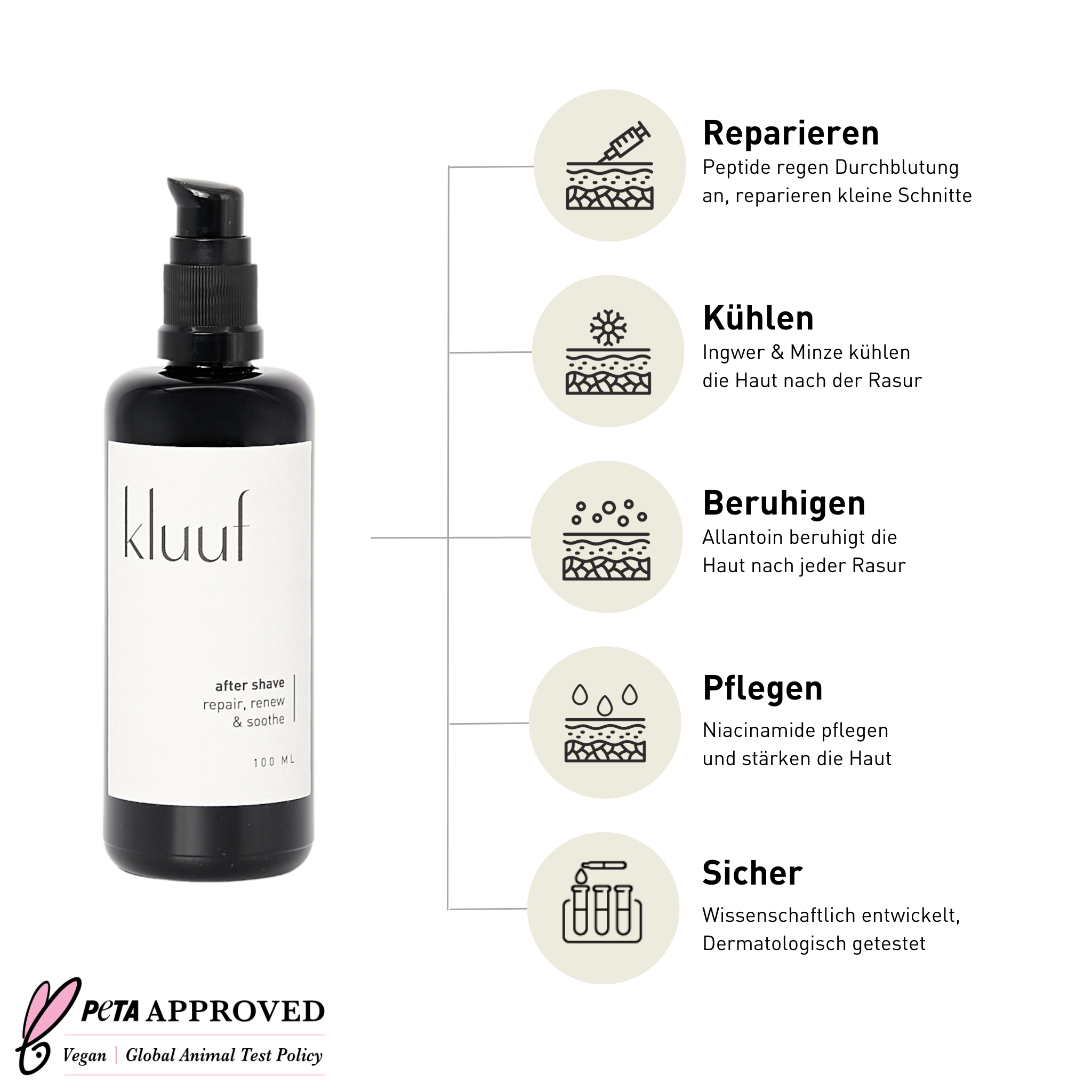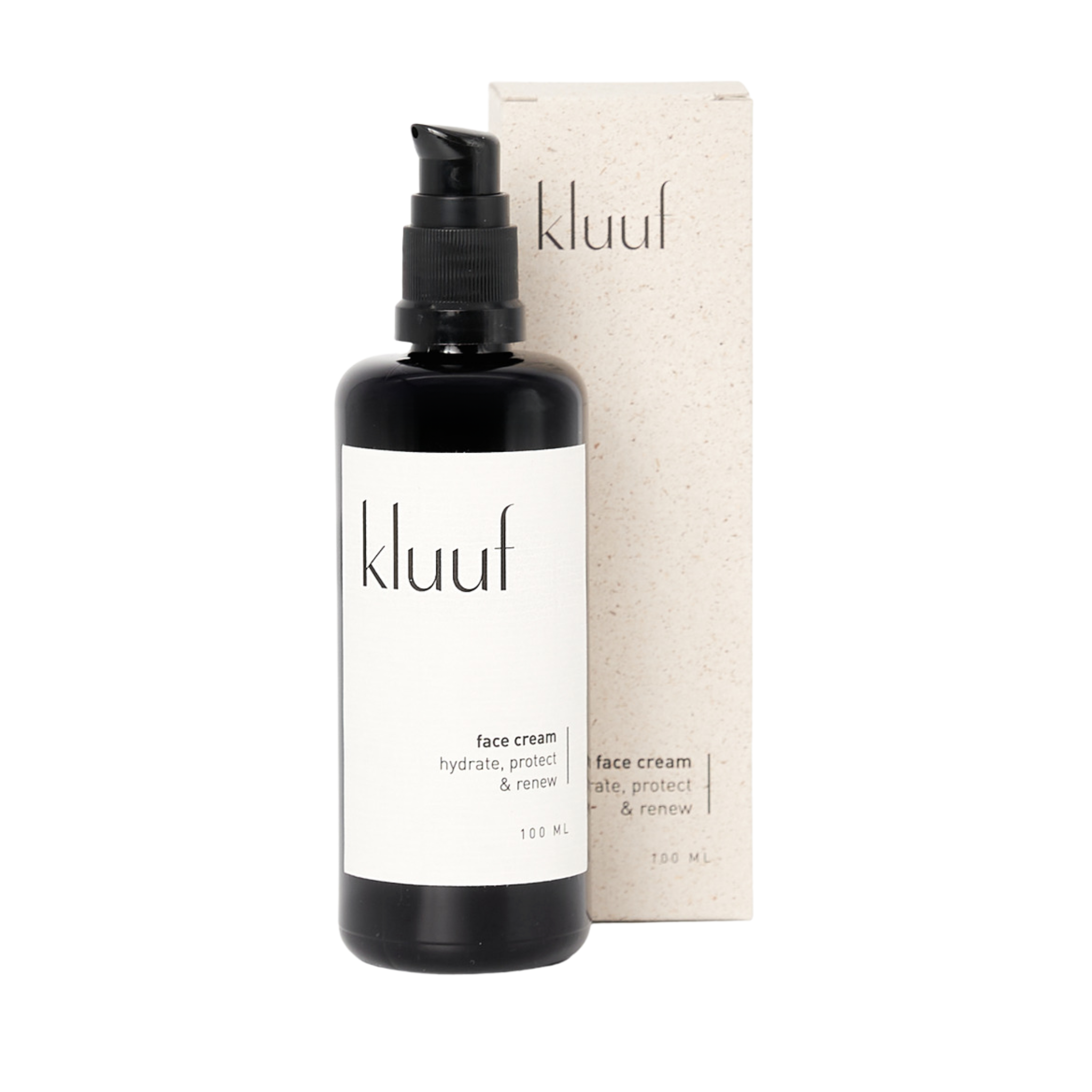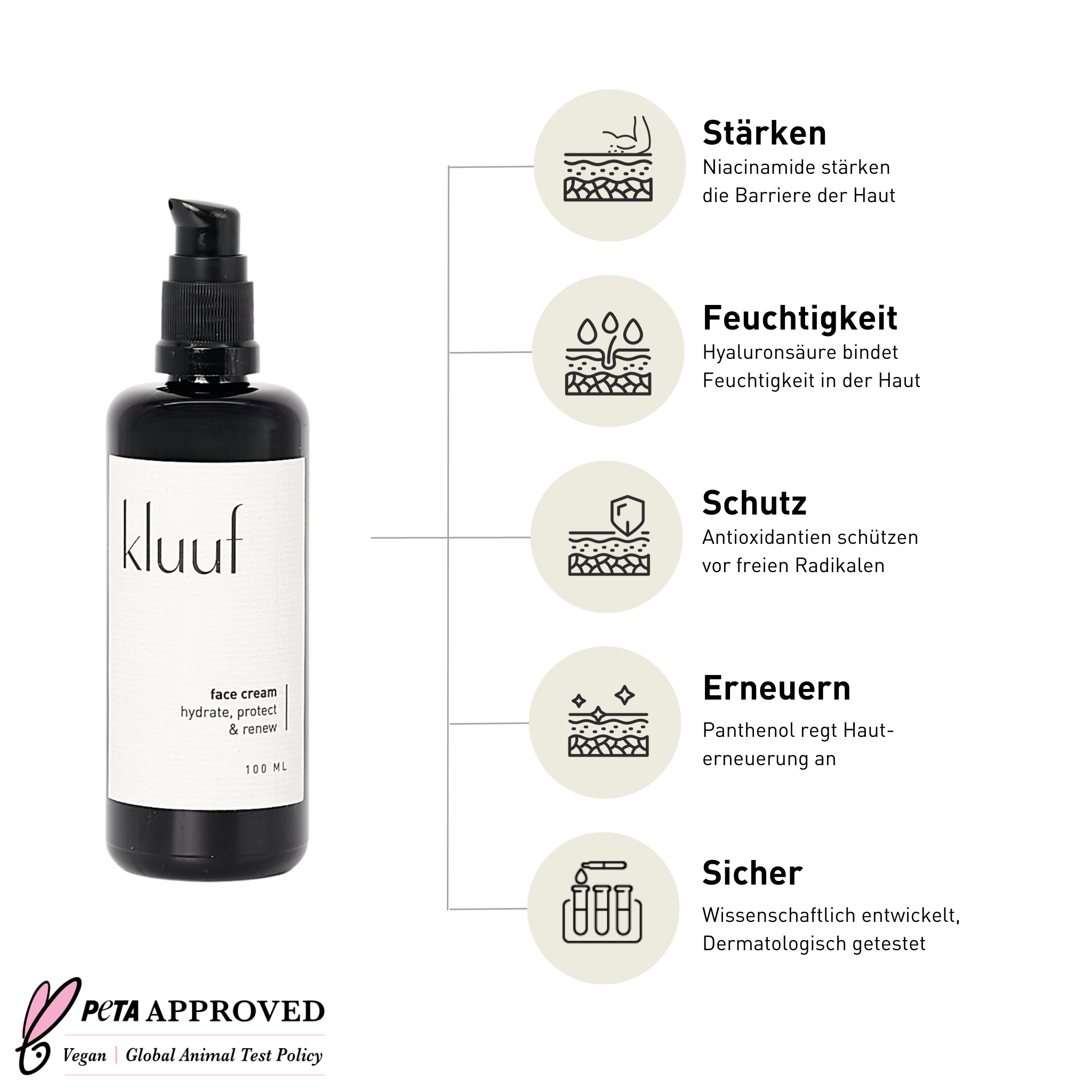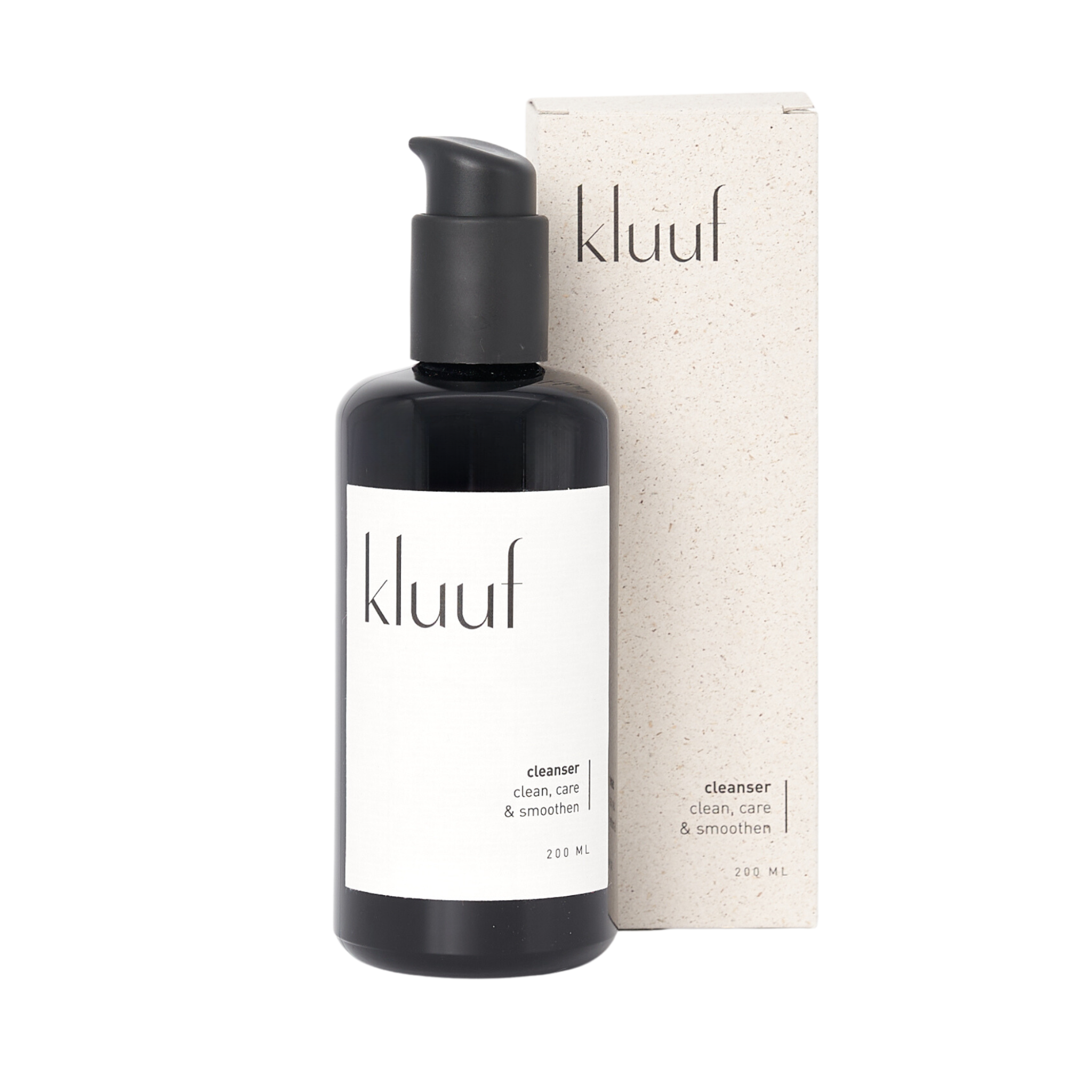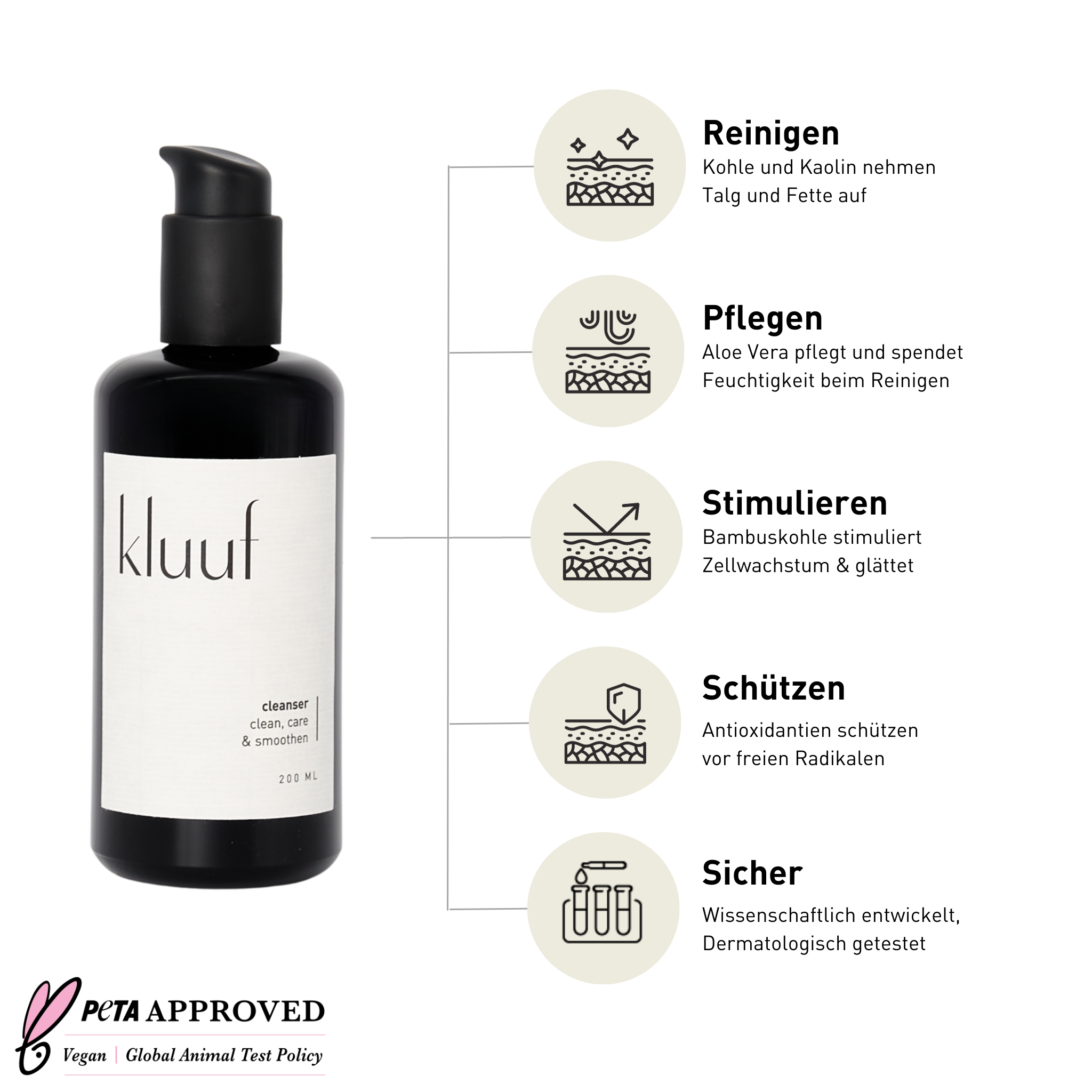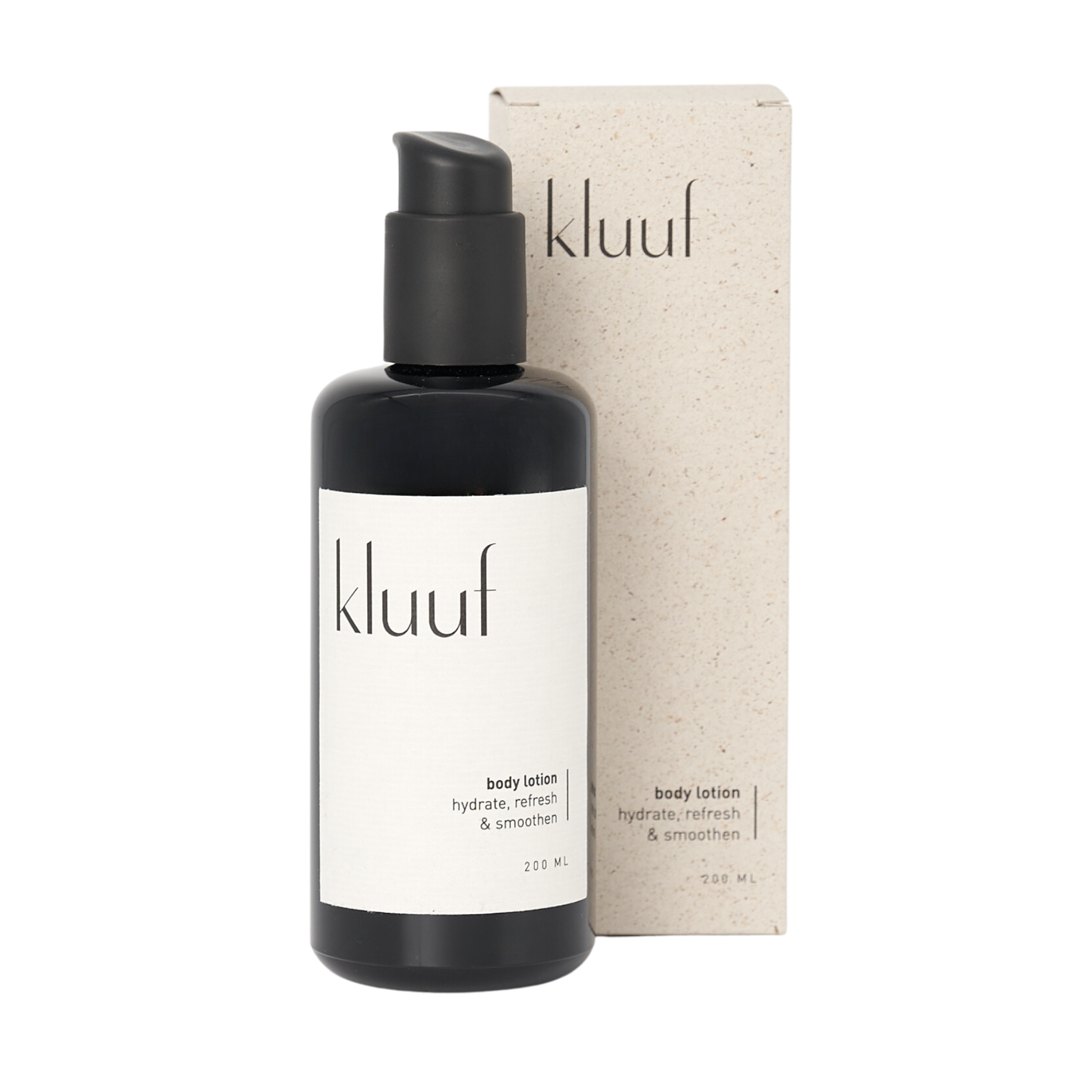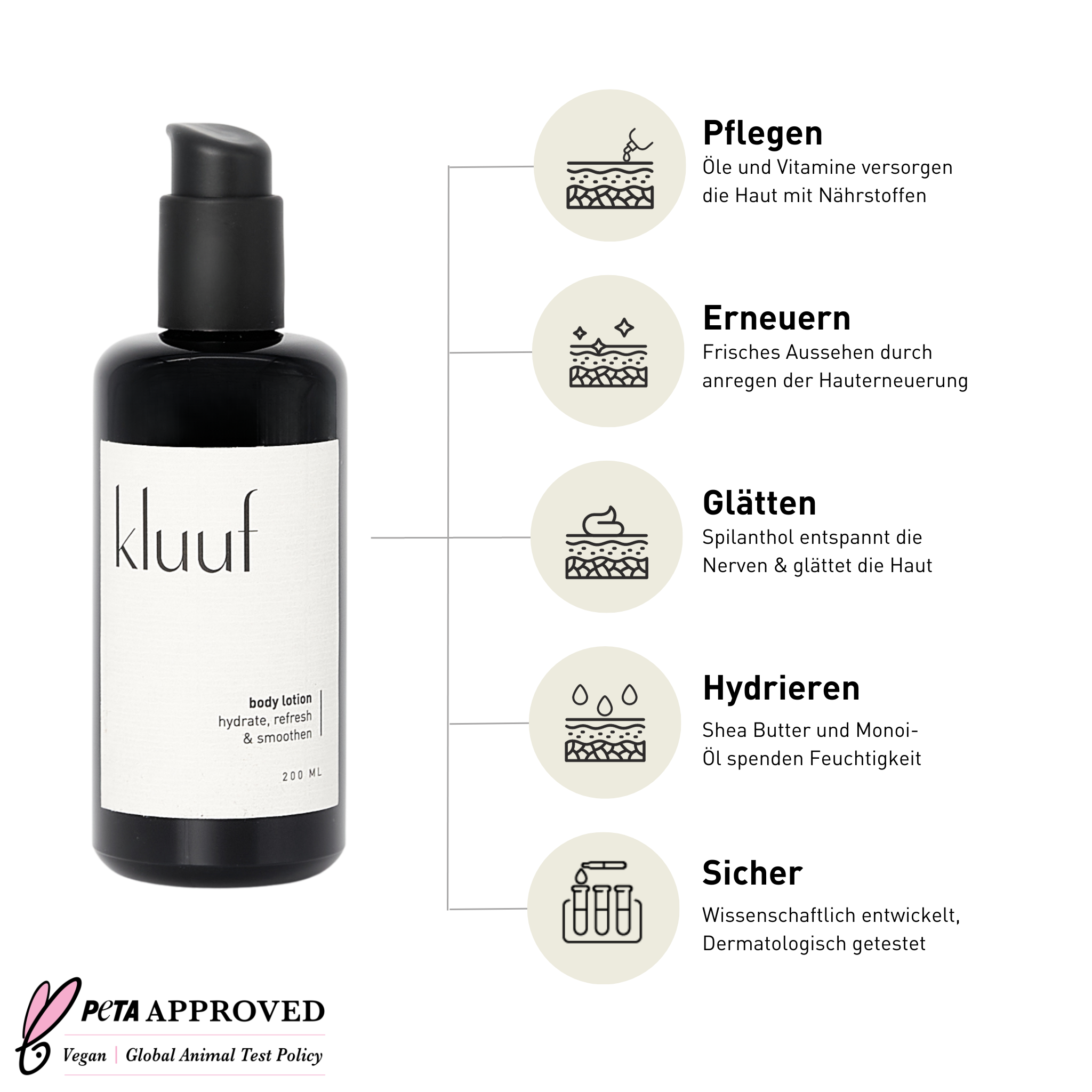At the time of founding, Kluuf committed to investing at least 10% of its profits in social projects and thus, together with its consumers, contribute to a better world. With these investments, we pay close attention to ensure that the support reaches the right people, in order to create real opportunities for a better future.
Social enterprises or for-a-cause-companies, i.e. companies that are profit-oriented but at the same time want to do good, are currently being increasingly founded, which we very much welcome. However, there are unfortunately always black sheep among these companies and also large corporations that decide in favour of philanthropy mainly for marketing purposes and sometimes even engage in so called greenwashing. This is currently being countered by the trend towards B Corps and other certifications.
What is behind these terms and how does Kluuf position itself to be able to help sustainably?
Greenwashing
In this context, greenwashing refers to companies that present themselves more socially responsible and/or sustainable than they actually are. Often something positive is highlighted in a publicity-effective way while negative aspects prevail in the background. Some examples:
- Climate-neutral shipping is praised while the production has a strong impact on the environment.
- Great working conditions in Germany are emphasised while workers in manufacturing countries are treated poorly.
- A donation cheque is handed over to a local organisation for publicity purposes while the company is responsible for abuses in other regions.
- Consumers are assured that a part of the turnover is donated to development aid, while accounting tricks reduce this amount to a minimum.
- Companies that engage in greenwashing thus not only harm society, but also damage consumer confidence in companies that actually want to add value to society, since it is no longer possible to distinguish between greenwashing and actual sustainability and charity.
This is another reason why more and more companies are getting themselves certified.
B Corp and other certifications
B Corp, 1% of the planet, EU Ecolabel and other organisations offer companies to certify their sustainability and charitable intentions. Here, a label is issued which confirms membership to advertise to consumers.
This can be an effective way for companies to distinguish themselves from greenwashing. The verification process takes effort and is not about simply writing a cheque, as the sustainability of the companies is thorougly tested.
B Corp - probably the most popular certification at the moment - stands for Benefit Corporate, i.e. companies that want to do good for the community and not just optimise profits for stakeholders. This includes environmental as well as social causes.
Well-known companies that are certified B Corps include Patagonia, Buckle & Seam, Ben & Jerry's and Dr. Hauschka.
Our approach to sustainable development
For us at Kluuf, two aspects are particularly important in our social agenda:
1. Together with the support of our customers, we invest at least 10% of our annual profits to make a tangible positive difference to society, in offering education and stability for children in Africa.
2. The projects we support are not invasive, but help the people who seek support (and are not getting it). Our investments do not destroy any existing structures. In summary, we simply walk to talk and we support in a way that strengthens the community in the long run, even if we are not around one day.
We work with an experienced and independent charity in our mission to create a better future through education, ensuring that our help reaches the right people. We also use our partner 'HIT - Help in Time' to transparently disclose how much money Kluuf invests in social projects each year.
This gives our stakeholders external validation from an independent party. It is also important for us to show that we do not just donate an abstract amount (10%) each year, but how much money we are actually talking about and which projects are supported concretely. Only in this way can our partners and customers understand what benefit their skincare actually had in a given year.
At the moment, as a young start-up, we prefer this approach instead of seeking certification through an external partner like B Labs. This way we can target our resources to plan social projects with HIT and make the world a little bit better in our own way.
At the moment, as a young start-up, we prefer this approach instead of seeking certification through an external partner like B Labs. This way we can use our resources effectively to plan social projects with HIT and make the world a little bit better.
If Kluuf reaches a critical size, we too will certainly have ourselves externally accredited, because on the one hand we support the mission of B Corps in general and on the other hand this way further build consumer trust.
Together for a better world #treatyourself #treatothers
